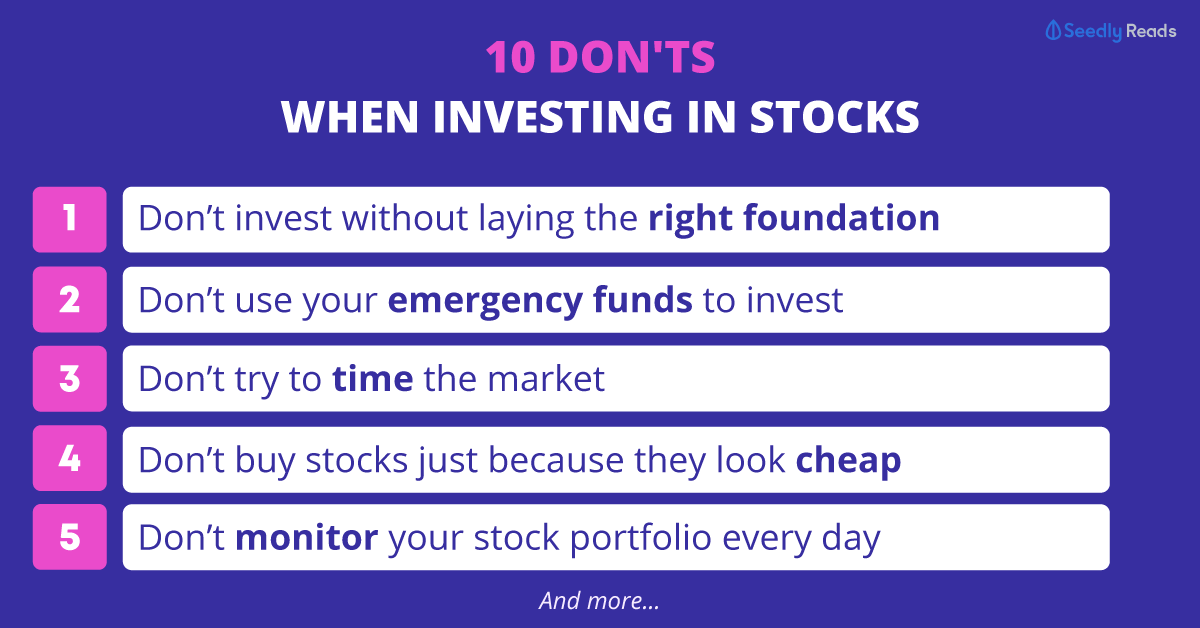Advertisement
Anonymous
With no real intention to explore investing on my own (eg: stock markets, ETF etc), should one consider purchasing the Manulife ManuInvest Duo (ILP) 20 years MIP?
What are some ILPs that I should consider purchasing? Are there other investment opportunities that I can be considering that may not
6
Discussion (6)
Learn how to style your text
Lim Chun Long Jimmy
19 Feb 2020
Co-founder at PolicyWoke (Traded Endowment Policies)
Reply
Save
These are very fundamentally different products.
Insurance linked plans, just like the name, are insurable products. The structure is tied such that you can add protection in the event of demise. They come with a cost effective insurable option to continue the investment plan in the event of critical illness, disability or death. The payouts in time of untimely exit is regarded as a death insurance payout, and the legal implications are treated differently compared to buying assets in ETFs.
ETFs are low cost index funds which are good alternatives because of fees (significantly lower). But that is not to say that you cannot achieve results with the Manulife product as well, IF and that is a big IF, you allocate it well.
A large reason why "long-term" horizon doesn't work for some people is their discipline in holding. While some might assume that they would be able to buy during a falling knife in the face of an 08/09 crisis, more often than not, layman investors are the first to rush and sell. I am often faced with such stories when I have advised clients to go for low cost index funds as opposed to the higher fees structure, what happens next is that they start to complicate the uncomplicated.
They generally try to time the market, stop investing when there's any hint of bad news, and withdraw when they lose money in the short term.
The committment of 20 year works because no matter what, you stick with it, or you lose your capital. While liquidity is important in an entire portfolio, I find it is often a detrimental factor to have too much liquidity when you are investing, especially if the asset class you hold is diversified. It causes more harm than benefits in most cases.
Low cost index funds are superior, IF you can stick to your investment discipline.
Click here to find out more about me!
Reply
Save
Elijah Lee
18 Feb 2020
Senior Financial Services Manager at Phillip Securities (Jurong East)
Hi anon,
Even if you do not wish to explore investing on your own, I will not recommend mixing insu...
Read 3 other comments with a Seedly account
You will also enjoy exclusive benefits and get access to members only features.
Sign up or login with an email here
Write your thoughts
Related Articles
Related Posts
Related Posts
Advertisement








If you've no intentions to invest on your own, there are many other ways you can invest passively, including but not limited to: